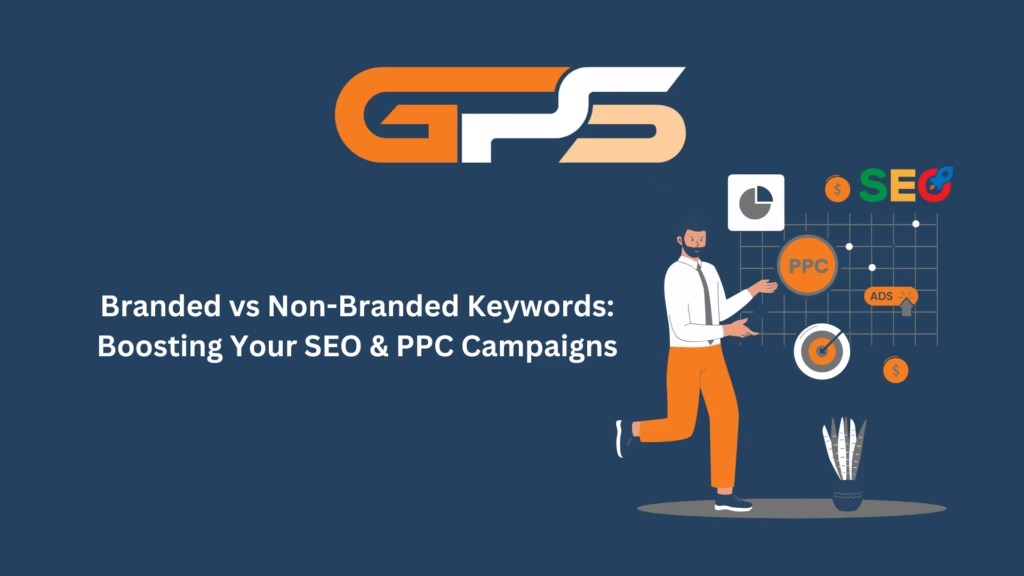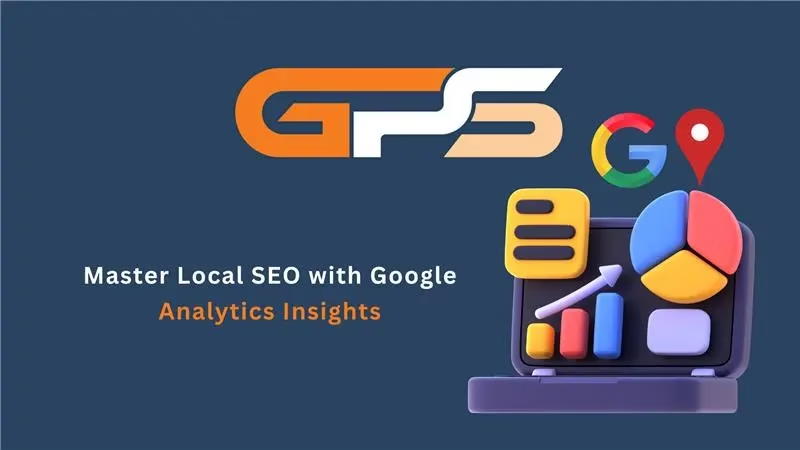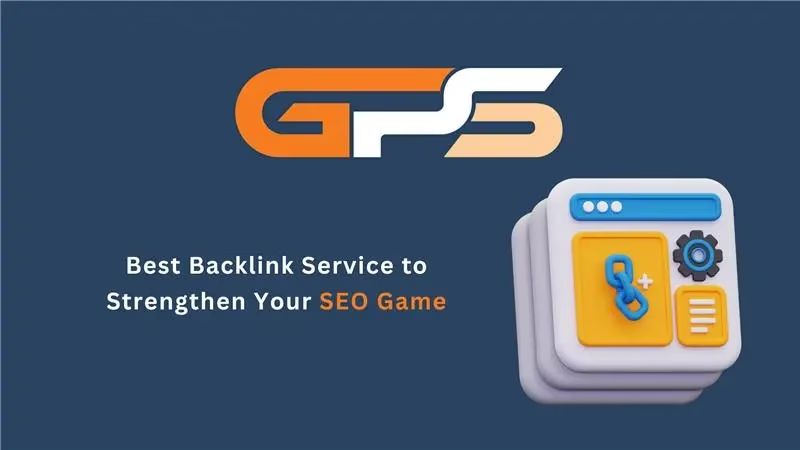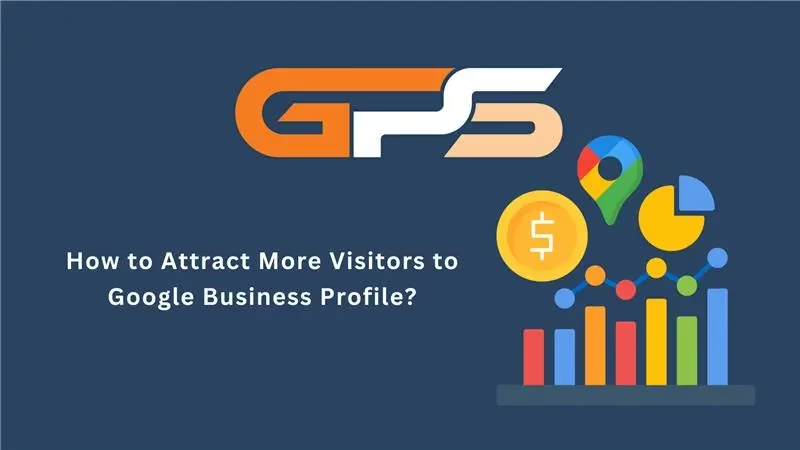Branded vs Non-Branded Keywords
Boosting Your SEO & PPC Campaigns

Learning when to use branded and non-branded keywords in your digital marketing strategy should be among the most crucial lessons that you learn as a marketer. When using these two kinds of keywords to reach out to your target market or in targeting shoppers who are inclined to buy your product, you will have the ability to refine your objectives. In this discussion, we will explain the distinctions between branded and non-branded keywords, discuss the benefits of using branded keywords for SEO, outline how marketers can use non-branded terms for SEO, and outline how to incorporate both types of keywords into effective PPC.
What Are Branded and Non-Branded Keywords?
First, let’s compare understanding branded keywords and break down what these terms mean:
- Branded Keywords: You will notice these are phrases that incorporate your company name or a product or service that you alone offer. For instance, “Nike Air Max” and “Apple iPhone 15.”.
- Non-Branded Keywords: These are broad access terms that are not specific to your brand name of product or service. Some examples of such phrases include ‘best running shoes’ or ‘top smartphones.’.
In as much as both types of keywords form the bedrock of the digital marketing strategy, they use in certain capacities and under specific conditions.
Branded Keywords: SEO Benefits and Why They Matter
There are several reasons why branded keywords are considered to be extraordinarily useful in SEO. If, for instance, your firm is already well-established and trades under a specific name/brand or offers specific products, individuals using such terms make them aware of your business, hence increasing the chances of conversion.
SEO Benefits of Branded Keywords:
- Higher Conversion Rates: If a person is searching for a business name, it means that they are interested in buying the product or using the service. This means they are more likely to respond sometimes through the sale, sometimes through sign-up, or new inquiry.
- Easier to Rank: Optimising for your own branded terms is usually easier than for the general keywords if you already have some authority online. It’s not as saturated, and almost certainly, you have some content already created around your brand to rank fast.
- Stronger Brand Authority: Establishing your site at a high rank for the branded keywords informs the users that your brand is reputable. This creates credibility in your field and ensures that the customers are loyal to your business.
- Cost-Effective in PPC: In PPC campaigns, it is usually more expensive to bid for choosing the right keyword strategy than it is for branded keywords. The reason is that users who search for a specific brand already have a higher level of intent, and therefore these advertisements usually generate a higher conversion rate, and that means a higher ROI.
How to Make the Most of Branded Keywords:
- Optimise Your Website: Make sure that the general content on your site, its metadata, and its landing pages are built around your branded terms.
- Use in Paid Search: Use PPC to direct your ads to your branded keywords for the market because it targets them when they are particular with their search.
- Leverage for Local SEO: Utilise your brand name in local keywords since you may have stores or service delivery points.
Non-Branded Keywords: The Key to Expanding Your Reach
Secondly, non-branded keywords are useful to target users who are unlikely to know about your brand since they will provide you with that broad coverage you need. These keywords help to get more generalised traffic related to your business, products, and services, or industry in entrepreneurship, so as to attract new branded vs. non-branded search traffic.
Non-Branded Keyword Strategies:
- Content Marketing: The most effective way to get to rank for non-branded keywords is by developing effective content pieces that would cover these terms. This could be an article, a tutorial, a guide, or a landing page intended to address the user’s issue.
- Long-Tail Keywords: While using long-tail non-branded keywords like ‘best running shoes for flat feet,’ the competition is generally low, and the sites rank easily. They are precise, and more often people who use these keywords are potentially closer to a sale.
- SEO Optimisation: For non-branded keywords, there are no other methods of search engine optimisation as important as on-page SEO. Ensure your content includes the right keywords in the title and headings as well as in the body of the content as much as possible. Also, it helps to optimize for site speed, the mobile plea, and user experience in order to increase the likelihood of ranking higher.
- Backlink Building: For non-branded keywords, backlinks are one of the most crucial factors that determine the ranks of a website. Contact other blogs in your industry to write a guest post and generate links that increase your credibility and SEO results.
Non-Branded Keywords in the Funnel:
While branded keywords usually attract people who are closer to the point of conversion, non-branded keywords usually attract people higher in the funnel. They may be carrying out some research, weighing their options, or taking an analytical tour through some solutions.
To move these users further down the funnel:
- Create Top-of-the-Funnel Content: Create valuable blog articles, instructional materials, and frequently asked questions, or FAQs, that audiences can come looking for in your market.
- Use Lead Magnets: Provide eBook or checklist downloads for user information and capture that means filter non-branded website traffic into sales leads for your company.
Branded vs. Generic Keywords in PPC: What Works Best?
Everyone knows that in PPC advertising, both brand and non-brand keywords are useful; however, the question of how they are use to make the best returns is crucial to answer.
Branded Keywords in PPC:
- Lower CPC: Non-branded terms could be costly to advertise with because of the high competition compared to branded keywords that are cheaper to advertise with since they have higher click-through rates and a low CPC. You are, in effect, bidding for the name of your business, which, unlike many others, is register solely for the purpose of the operation of this business.
- Higher Conversion Rates: The visitors who type your branded keywords in the search query are usually aware of your products, services, or brands, so the conversion probability is much greater. Such campaigns may also be relatively inexpensive.
- Defence Strategy: Advertising for your brand terms protects your brand from falling into competitors hands and ensures your ads come up each time people search for it.
Generic Keywords in PPC:
- Higher CPC: It is also proven that non-branded or generic keywords are highly competitive; consequently, third-party CPC is also high. Although they enable you to reach way more people that might not even know that you exist in the market.
- Broader Reach: With non-branded keywords, you can sell your brand to consumers who are actually looking for a solution within your certain market.
- Less Specific: Despite the fact that these keywords can generate traffic, the readers are not necessarily in the mood to buy. Nevertheless, anyone who arrives on a landing page and enters into the sales funnel turns into a potential buyer.
Combining Branded and Non-Branded Keywords: A Winning Strategy
Most SEO and PPC campaigns are typically a mix of branded and non-branded keywords when optimising for search. This ensures that you are reaching potential customers at every stage of the buyer’s journey:
- Top of the Funnel (Non-Branded): Appeal to providing valuable content that is aimed at non-branded keywords. This will assist you in getting new travellers who will still have no hint about your brand but need some solutions.
- Bottom of the Funnel (Branded): After the user has joined your ecosystem, they may start searching for branded terms. This is the right time to target the leverage of the prospective clients using the brand-related search terms in PPC advertising.
Conclusion
So when we compare these keywords they always have their crucial roles in your SEO and PPC campaigns. Branded words therefore assist in the increase of clicks and conversion with a lower search phrase rivalry as opposed to non-branded words that assist with the increased generation of leads.
By splitting the chosen and planned methods into two broad categories and combining them strategically, we can offer a balanced campaign that captures consumers at different stages of their journeys and improves brand recognition to secure sustainable success.





